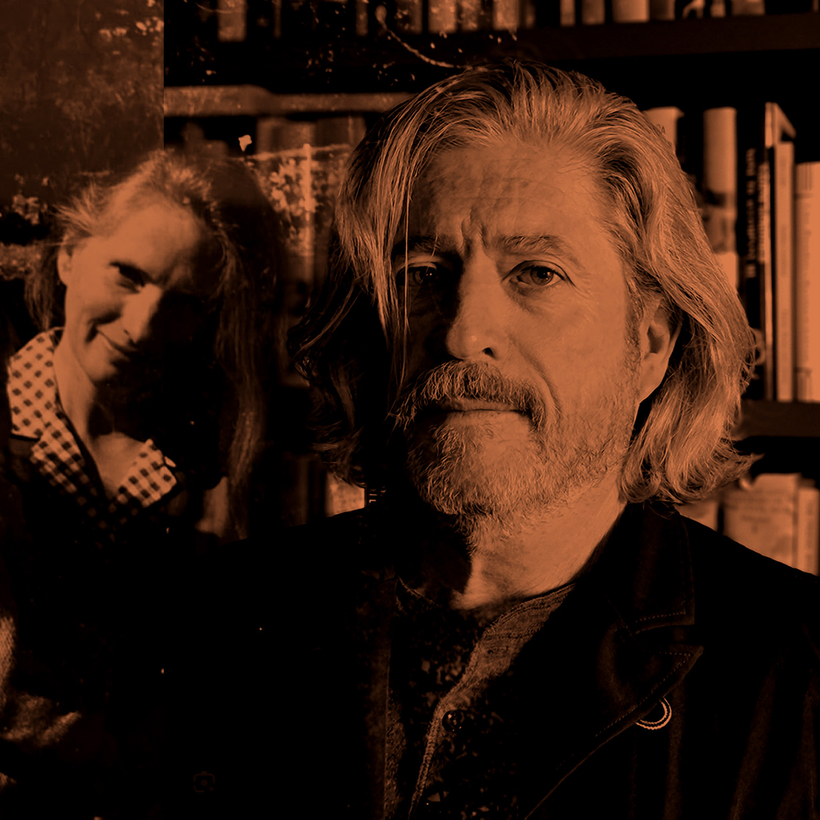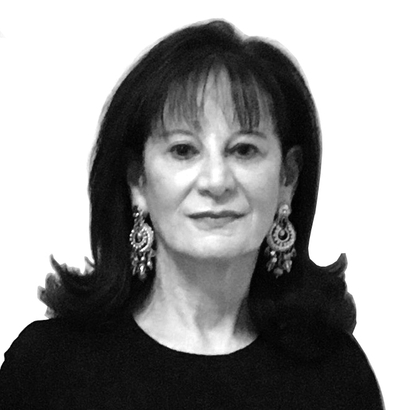Writing a memoir can be like entering a war zone: sometimes hand-to-hand combat, sometimes a navigation of minefields, or guerrilla tactics, or killing on remote. Peter Godwin reports from deep within those recesses. He’s battle-scarred as a soldier and as a journalist. He’s been embedded in a family history of secrets and half-truths he has declined to leave undisturbed. As a post-colonial son of what was once Rhodesia, he has burrowed his way back into experiences it might have been easier to forget.
That his father took the opposite tack and obscured his past was a discovery Godwin detailed in his 2006 memoir, When a Crocodile Eats the Sun: A Memoir of Africa. Behind George Godwin’s upper-crust Britishness lay the reality that, born Jewish in Poland, he was sent to boarding school in England in 1939 and lost his family to the Holocaust. In Exit Wounds, Godwin’s fourth memoir, his mother, who refused to leave a continually ravaged Zimbabwe until she was nearly 80, gets her turn.
At 90, so frail she has ensconced herself in a throne-like bed in her daughter Georgina’s North London apartment, she emits selective memories and blunt opinions suddenly couched, to the amusement of her son and daughter, in her birthright Received Pronunciation, a “prelapsarian voice” retrieved from her patrician childhood and Princess Elizabeth’s. Exit Wounds sees Godwin groping his way toward an understanding of a cheerily withholding woman who consigned him to boarding school at six: a frontline practitioner of medicine whose eldest daughter died in a senseless ambush during the Rhodesian War of Independence, and was damned if she would let anything like it happen again.
In its flight pattern between Godwin’s home, in New York, and his filial visits in London, Exit Wounds hits its low points around the dissolution of his outwardly golden-couple marriage to former Hearst-media hotshot Joanna Coles.
His name retains its boldface—the fellowships and prizes and high-profile human-rights work, the gilded stint as PEN America’s president, outings with beautiful, tall movie stars.
But Exit Wounds insistently lives elsewhere. An attempt at bridging the difference between self-consciousness and self-awareness, it’s a search-and-not-destroy mission to dissolve entrenched inhibitions, moral ambiguities, and the numbness of survivor’s guilt. It wants to enact a process of reconciliation: of replacing what has happened with what is hoped for or should be. Seventeen when he was conscripted into the Rhodesian military, Godwin isn’t done making amends for time spent “on the wrong side of history.”
Through the fog of wars that he’s convinced still cling to him as a journalist—from Angola to Mozambique, Namibia, and the Balkans, topped off in Zimbabwe by Robert Mugabe’s vicious rule—Godwin is after secular and psychological salvation. With a view from his Upper West Side apartment of the Joan of Arc Monument in Riverside Park, he parries with his fear of failure as he once leaned in to rowing at Oxford, for the sake of his sanity and a commitment to parenting his two sons as he never was. He can be funny, too, and is a walking encyclopedia of natural history, though his taxonomy reels at the sight of a suicide hanging like an extra branch from a neighborhood tree.
Like Alexandra Fuller, another memoirist of British Southern Africa and its violent transitions, Godwin operates, a rootless Conradian exile of former empire, from a place of loss. His search for new roots, literalized in his stubborn love affair with a country property in upstate New York, merely throws into relief an expatriate’s inability to connect—“Too many discontinuities,” he writes, “may have broken me.” He cycles through a series of shrinks to a diagnosis of P.T.S.D. An odd solace is granted from beyond his mother’s final leave-taking as he and Georgina sally forth to a reckoning with Helen Godwin’s redoubtable, and allegedly cursed, family tree. William the Conqueror kind of stuff.
No amount of reconnaissance training seems to have readied Godwin, however, for his wife’s aspirational transformation once she’d disembarked, with Anna and Tina, Glenda and Anthea, off the good ship British Media Invasion, in New York. Does he worry when she jumps at developing a TV series about a fearless and fabulous magazine queen who is “not so much The Devil Wears Prada as The Angel Loves Gucci?” Maybe a bit. Nonetheless, he’s blindsided when Coles decrees their divorce, finalized in 2019, sending him quick-sanding into a familiar sense of confused abandonment, of closeness only casting him further adrift.
A promising number of times, though, the book has its eye on the sky. Godwin charts the history and migrations of hemisphere-traversing birds such as the white stork (Ciconia ciconia), found in Hans Christian Andersen and Southern African folklore: a quiet reminder of the possibility of rebirth.
Celia McGee, a New York–based arts-and-culture reporter, writes regularly about books for AIR MAIL, The New York Times, and other publications


